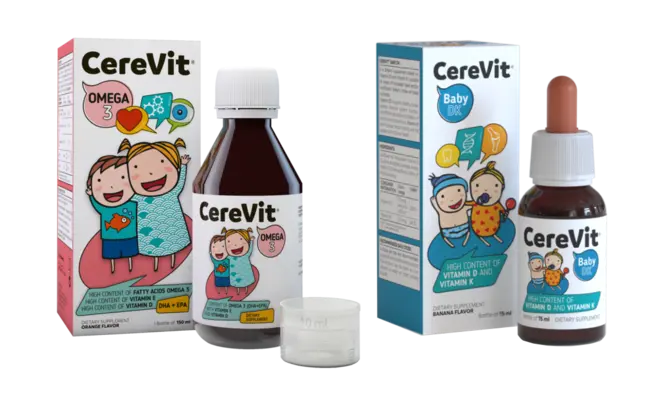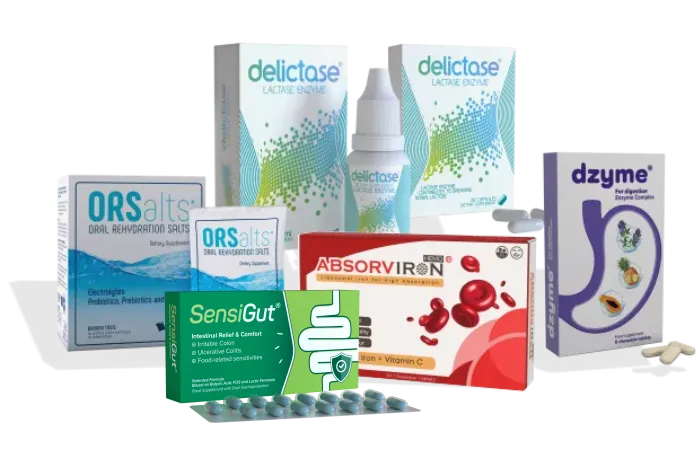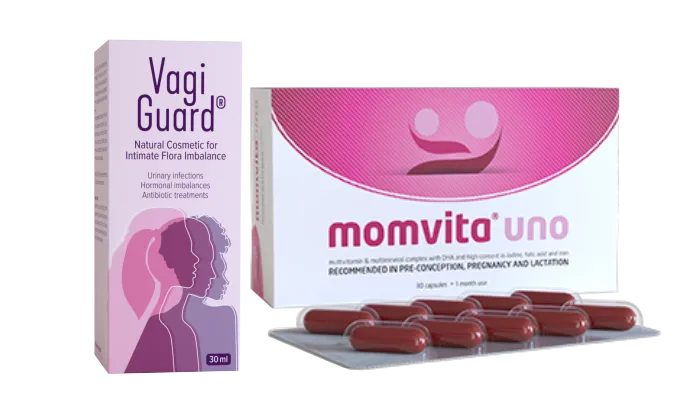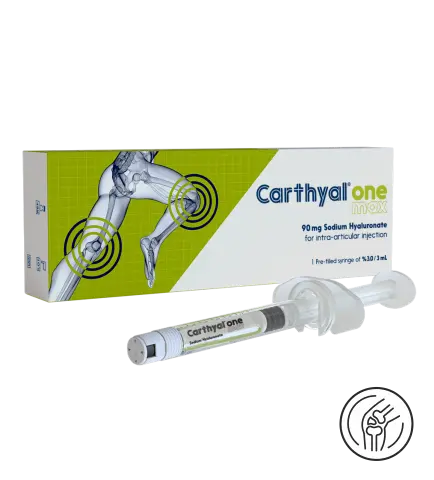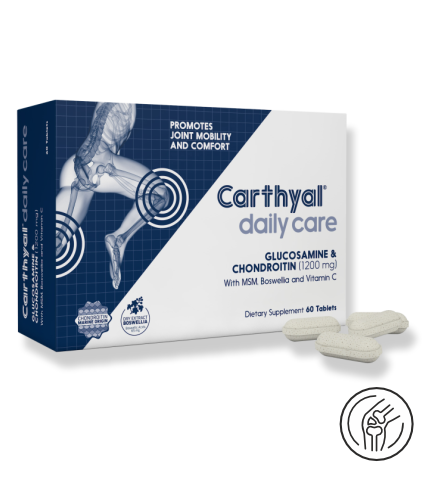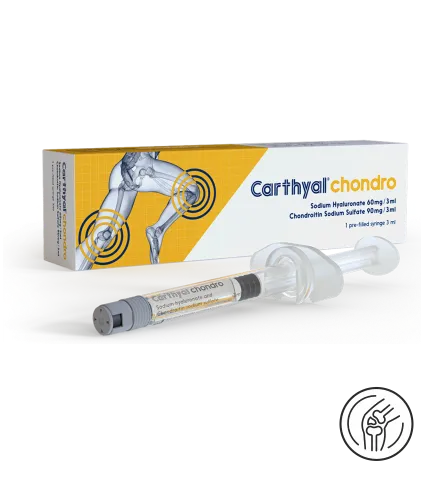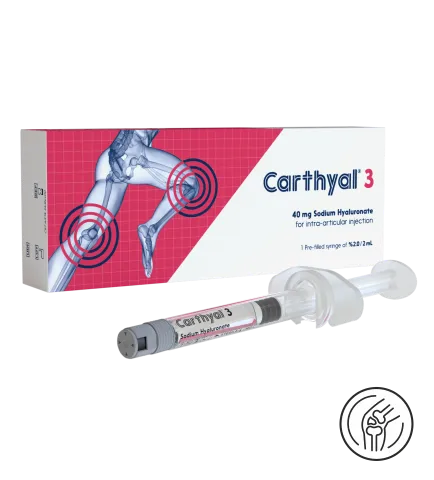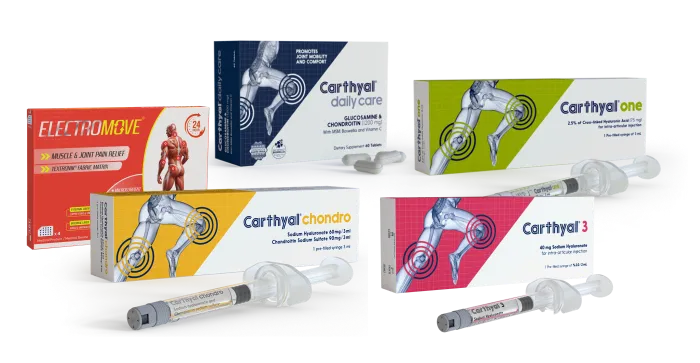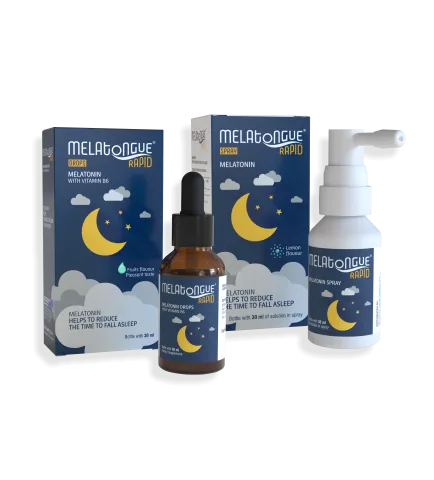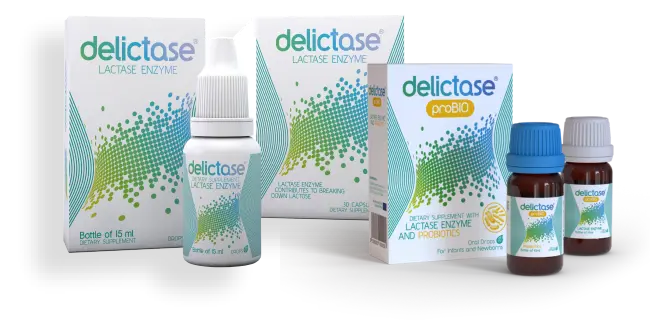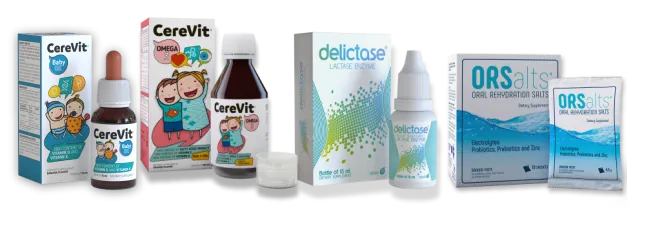Mineral deficiency and pregnancy: A growing concern in modern diets
Pregnancy is a miraculous journey in a woman’s life, marked by profound changes in her body and the development of a new life. It’s a time when nutrition takes center stage, and the role of minerals in ensuring a healthy pregnancy cannot be overstated. In this article, we delve into the importance of minerals during pregnancy, focusing on four key elements: iron, zinc, iodine, and selenium. These minerals are critical for maternal health and fetal development, and understanding their significance is vital for expectant mothers.
Nutrition plays a pivotal role in ensuring a healthy pregnancy. However, in today’s world, there are several challenges that pregnant women face when trying to meet their increased nutritional needs. These challenges include:
- Low nutritious food: Collectively, soil depletion, modern farming and the long-distance transportation of food have resulted in low-nutrient food with reduced mineral content, setting off a chain reaction that impacts the overall quality of nutrients accessible to all the individuals.
- Convenience and Fast Foods: The prevalence of fast food and convenience stores nowadays can lead to overfeeding with “empty” calories while undernourishing the body with essential minerals.
- Dysregulated nervous system: Stress, anxiety, and daily pressures can lead to reduced nutrient absorption, a diminished appetite, and the depletion of essential nutrients.
- Lack of time: Our fast-paced lifestyle often results in poor dietary choices, skipping meals, inadequate meal preparation, lack of hydration and reduced focus on self-care.

Considering this reality, mineral deficiencies during pregnancy are a genuine concern with profound consequences, impacting both maternal health and fetal development.
In this article, we have chosen to explore the importance of four key minerals during this phase of a woman, with the aim of raising awareness about poor nutrition. These minerals include iron, zinc, iodine, and selenium.
Iron: Vital for blood and oxygen¹
Iron is a cornerstone mineral for a healthy pregnancy. It plays a crucial role in the formation of red blood cells and hemoglobin, which are responsible for transporting oxygen throughout the body.
Iron deficiency during pregnancy can result in anemia, causing fatigue and potentially affecting the baby’s oxygen supply.
Zinc: Supporting growth and development¹
Zinc is essential for normal growth and development. It is involved in various critical processes, including DNA synthesis and immune function.
A lack of zinc can affect fetal development and may lead to complications.
Iodine: Cognitive function and thyroid health²
Iodine is essential for the normal functioning of the nervous system, cognitive development, and the production of thyroid hormones. During pregnancy, it is crucial for the baby’s brain development.
Insufficient iodine intake can lead to developmental/metabolic issues.
Selenium: The protective antioxidant³
Selenium acts as a potent antioxidant, safeguarding cells against oxidative damage. During pregnancy, this protection is vital for the health of both the mother and the developing fetus.
Modern nutritional challenges, as described before, are making it increasingly difficult for pregnant women to obtain not only these essential minerals but also all the important nutrients for pregnancy. This is where supplementation comes into play⁴.
To support maternal health and fetal development, Neosanté created MOMVITA® UNO, an “all-in-one” multivitamin, multimineral, antioxidant and fatty acid supplement for women trying to conceive, pregnant, or lactating.
MOMVITA® UNO‘s composition was meticulously developed based on published guidelines for nutrition during pregnancy and lactation, with the goal of providing a comprehensive array of nutrients that mothers cannot solely acquire from their diet.
It includes essential components such:
- DHA (Docosahexaenoic acid) which contributes to the normal development of the brain and eyes of the fetus and infant. This beneficial effect is achieved with a daily intake of 200mg of DHA which MOMVITA® UNO readily supplies⁵.
- B vitamins, namely Thiamine (Vit. B1) for the normal functioning of the nervous system and heart, Riboflavin (Vit. B2), Niacin, Vitamin B6, Vitamin B9 and Vitamin B12, all contributing to the normal functioning of the nervous system¹.
- Vitamin C, which aids in the protection of cells against undesired oxidations, promotes the normal formation of collagen, and supports the functioning of bones, cartilage, and blood vessels. It also contributes to the normal functioning of the immune system and enhances the absorption of iron¹.
- Vitamin D, which plays a role in the normal absorption and utilization of calcium and phosphorus, as well as the maintenance of normal bones¹.
- And the minerals previously described: Iron, Zinc, Iodine and Selenium.
Reach out to us today to discuss the possibilities of this collaboration and learn more about MOMVITA® UNO and other health solutions. Please explore our Portfolio or contact us through bd@neosante-hs.com.
- Huskisson E, Maggini S, Ruf M. The Role of Vitamins and Minerals in Energy Metabolism and Well-Being. Journal of International Medical Research. 2007;35(3):277-289. doi:10.1177/147323000703500301
- Chittimoju SB, Pearce EN. Iodine Deficiency and Supplementation in Pregnancy. Clin Obstet Gynecol. 2019 Jun;62(2):330-338. doi: 10.1097/GRF.0000000000000428. PMID: 30829881.
- Pieczyńska J, Grajeta H. The role of selenium in human conception and pregnancy. J Trace Elem Med Biol. 2015 Jan;29:31-8. doi: 10.1016/j.jtemb.2014.07.003. Epub 2014 Jul 19. PMID: 25175508.
- Nicole E. Marshall, Barbara Abrams, Linda A. Barbour, Patrick Catalano, Parul Christian, Jacob E. Friedman, William W. Hay, Teri L. Hernandez, Nancy F. Krebs, Emily Oken, Jonathan Q. Purnell, James M. Roberts, Hora Soltani, Jacqueline Wallace, Kent L. Thornburg, The importance of nutrition in pregnancy and lactation: lifelong consequences, American Journal of Obstetrics and Gynecology, Volume 226, Issue 5, 2022, Pages 607-632.
- Wierzejska R, Jarosz M, Wojda B, Siuba-Strzelińska M. Dietary intake of DHA during pregnancy: a significant gap between the actual intake and current nutritional recommendations. Rocz Panstw Zakl Hig. 2018;69(4):381-386. doi: 10.32394/rpzh.2018.0044. PMID: 30525329.







